
If you’ve been diagnosed with gluten sensitivity or celiac disease, you know how hard it can be to avoid foods containing wheat and other grains. But did you know there are plenty of benefits to choosing organic gluten-free options?
While it may seem like organic food is healthier for you, it’s important to remember that organic farming requires farmers to use pesticides and fertilizers. That doesn’t mean a product is gluten free.
1. Reduced Risk of Celiac Disease
When you eat foods with gluten, your immune system overreacts to the proteins found in wheat, barley, rye and triticale (spelt). This overreaction damages the small intestine’s tiny, hairlike projections called villi.
These villi help absorb the nutrients that you need, so when they are damaged, your body can’t absorb these vitamins and minerals. This can result in malnutrition and a host of health problems.
Those who have celiac disease may also be at increased risk of cancer. While this is true in the first year after diagnosis, the risk decreases over time.
2. Reduced Risk of Wheat Allergies
Wheat allergies are one of the most common food allergens. They are caused by an immune response in the body to wheat proteins.
People who are allergic to wheat are at greater risk for developing other food allergies. Those who have a family history of allergies or allergy diseases are more likely to develop a wheat allergy than those who do not.
If you suspect you have a wheat allergy, talk to your doctor about testing. A skin prick test or a blood test can help confirm the diagnosis.
3. Reduced Risk of Migraines
While migraines can be caused by a variety of factors, including stress and sleep disruptions, your diet may also play a role. Martin suggests keeping a food diary to identify any trigger foods that can cause headaches.
One common culprit is monosodium glutamate, aka MSG. This substance is found in some packaged foods and is also used in Asian dishes.
It can be particularly problematic if the food is liquid, such as soup. It can cause a headache, irritability, and nausea.
Other triggers include eating a lot of sugary fruits, like bananas and apples, or concentrated fruit juices. They can lead to a sharp rise in blood sugar, which is not good for people with migraines. It is best to eat sweet fruit in moderation and in the context of a larger meal.
4. Reduced Risk of Weight Gain
When you choose organic gluten-free options, you can enjoy a healthier diet. This is because you’re avoiding foods that are high in sugars, processed fats, and refined grains that lack nutrients.
You’ll also lose weight because you’re consuming more whole fruits and vegetables. Fruits and veggies are full of vitamins and minerals that help you feel more energetic and boost your immune system.
In addition, you’ll be filling your body with less saturated fats and fatty acids than what you would get from processed, sugary, or fried foods. This helps you maintain a healthy weight and keep it off for good.
5. Reduced Risk of Diabetes
Choosing organic gluten-free options is a great way to lower your risk of developing diabetes. However, be sure to read ingredient labels and check for organic certifications before purchasing gluten-free products.
Researchers have found that people who avoid gluten may have a lower risk of developing type 2 diabetes. The study involved nearly 200,000 Americans and relied on food-frequency questionnaires.
Frequently Asked Questions
What are some of the benefits of organic agriculture?
Organic farming gives farmers the opportunity to grow food without the use of chemical pesticides. The farmers don't have to worry about pesticides causing harm to their crops and animals.
Organic farming allows for natural fertilizers to be used. These fertilizers help to grow healthy plants and help to reduce the amount of chemical waste produced.
Organic farming is also environmentally friendly. For example, organic farming uses composting techniques to re-use nutrients in the soil. This reduces the risk of pollution and helps conserve precious resources.
Organic farming improves crop yields while also helping the environment. This is because organic agriculture uses less water in the growing season.
Organic farming methods can also result in higher prices for farmers' produce. Consumers who become more aware of the dangers of pesticides and chemical fertilizers demand healthier foods.
This has increased the demand for organic foods. Organic farming has become increasingly popular.
What is an organic food producer?
Organic food producers use organic methods to grow their products. These foods include fruits as well vegetables, grains and dairy products.
Organic food production happens on farms where crops have been naturally nurtured. This includes soil preparation, pest controls, and crop rotation.
For an agricultural product to be considered organic, it must meet strict criteria set out by the USDA (United States Department of Agriculture).
These guidelines are designed to ensure consumers have access to safe, healthy and nutritious food.
Organic food has many benefits, including lower pesticide residues and higher levels of heavy metal contamination as well as better nutrition and flavor.
USDA organic products must carry the USDA Certified Organic seal.
This certification means that the product meets the standards laid down by the National Organic Program.
Organic food not only makes us healthier but also helps to protect the environment.
Organic farming methods preserve natural resources, such as water or land. In addition, organic methods reduce greenhouse gas emissions, which cause climate change.
Organic agriculture uses fewer chemical inputs and pollutes less.
Because of this, harmful gases such as ammonia and even nitrates will not build up in the air.
There are many forms of organic farming.
Conventional farming uses synthetic inputs such pesticides and fertilizers.
Regenerative farming includes compost, cover crops, as well as green manures that improve soil health. It also encourages biodiversity.
Agroecology concentrates on the sustainable relationship between people, plants and animals.
Permaculture promotes self-sufficiency through the design of systems that mimic nature.
What are the health benefits of organic foods?
Some organic foods may not prove to be good for you. There are certain health benefits to those who consume organic foods regularly.
Organic food is produced without artificial fertilizers, pesticides, herbicides, fungicides, hormones, antibiotics, or genetic engineering. Organic produce is produced without the use of harmful chemicals which could affect human health.
The use of additives in the processing process is also less common. Organic products are likely to be healthier than nonorganic.
Research shows that organic produce contains more nutrients and antioxidants compared to conventionally grown fruit and vegetables.
Organic farming methods are more expensive than conventional methods but they can often produce better results. When farmers grow crops organically, they encourage soil fertility and biodiversity.
This helps preserve water resources and prevents erosion. Organic farms do not require toxic chemicals to operate. They also use less energy and fuel.
Many people are concerned that organic food is more expensive than regular foods. Prices can vary depending on where you live. For example, organic apples tend to be more expensive than traditional apples.
However, organic fruit is more affordable if you compare the price of a basket of both types.
So should you go organic?
It depends on what kind of person you are. Organic food is not for you if you don’t like it.
Organic food is available if you are a fan of good food. Organic food is safer than traditional commercial produce, as they are not subject to chemical pesticides, chemical fertilizers, or genetically modified organisms (GMOs).
Organic agriculture is a way to preserve the environment, conserve natural resources, and encourage biodiversity.
What are the things to look for when purchasing organic products?
USDA-certified organic labels are desirable. This seal signifies that the product meets specific USDA standards. On packages, boxes, cartons or cans, look out for the USDA Organic seal.
When shopping for meat, ensure it comes from cows fed 100% organic feed. Cattle are ruminants, which means they chew the cud. Ruminant cattle have four stomach compartments: rumen, reticulum, omasum, and abomasum. If a cow is to be labeled organically, all parts must be organically fed.
Make sure you only buy chicken from chicken farms that are fed organically and have never been given antibiotics. Chickens can eat both animal and plant food. Omnivorous chickens have a digestive system that includes a crop (proventriculus), gizzard and small intestine.
It is important to ensure that dairy products are from cows that were fed 100% organic feed. Like ruminants, dairy cattle have four stomachs. The fourth stomach, or the udder is where you get milk.
To find out the percent of the feed the animals received when you purchase other types livestock, be sure to read the labels. For example, pork may be marked "95% organic" to indicate that 95 percent of the pork's feed is organic.
What are organic foods?
Organic produce is free from synthetic fertilizers, pesticides, sewage sludge and confinement feeding. No growth hormones are used. Animal testing is also not done. These crops are allowed to grow naturally, so farmers do not use chemicals to prevent weeds or pests.
Organic farming practices help maintain soil quality and reduce erosion. In addition, organics are better for our health because they contain more nutrients than conventional food. Organic products tend to be higher in fiber and lower fat than conventionally produced foods.
Statistics
- When packaged products indicate they are “made with organic [specific ingredient or food group],” they contain at least 70% organically produced ingredients. (usda.gov)
- Popular clothing brands, like Patagonia, are labelled as organic by using 100 percent organic cotton for many of their styles. (en.wikipedia.org)
- As for organic meat, regulations require that animals be raised in living conditions that accommodate their natural behaviours (like the ability to graze on pasture), fed 100% organic feed and forage, and not administered antibiotics or hormones. (usda.gov)
- Nutrients like omega-3 fatty acids were up to 50 percent higher in organic meats and milk than in conventionally raised products.[3] (en.wikipedia.org)
External Links
ota.com
doi.org
- The link between occupational pesticide exposure and cancer risk: A review: Journal of Toxicology and Environmental Health. Part B. Vol 15, No 4.
- Genetically modified foods: safety, risks and public concerns--a review - Journal of Food Science and Technology
ewg.org
sciencedirect.com
- Organic food and the impact on human nutrition: A comparison of the status-quo and potential research - ScienceDirect
- Technical Note: Simultaneous carotenoid- and vitamin analysis of milk coming from total mixed ration-fed cattle optimized for xanthophyll discovery - ScienceDirect
How To
Organic foods: Are they healthier and more nutritious than conventional food?
Organic foods are grown without the use chemical pesticides or synthetic fertilisers. They are grown naturally without artificial inputs such pesticides and herbicides. Organic farming practices include crop rotation and cover crops, the composting of animal manure, the recycling of wastewater, as well as integrated pest management (IPM).
In 2002, USDA National Organic Program was established. It regulates the handling, processing, labelling and sale of organic products within the United States. NOP regulations make sure that organic agricultural product conforms to the Federal Food, Drug, and Cosmetic Act. Furthermore, the NOP rules require organic products to be free of banned substances such as pesticides residues and growth hormones.
For producers in the USA who want their products "organic", there are two kinds of certification programs: one for farmers or ranchers and one for manufacturers. Both programs require that operations are audited annually to verify compliance with the strict standards. Several certifying agents offer these services, including CCOF Certified Organic Farmers & Ranchers, Quality Assurance International, and the American Grassfed Association. These organizations offer third-party verification that farms adhere to strict guidelines about environmental stewardship and labour practices.
According to USDA's Economic Research Service (ERS), organic agriculture accounted in 2013 for $4.7 Billion in sales. It was a 23 percent rise in retail spending for certified organic products since 2009. During this time, grocery store sales increased by 12 percent. Spending directly on organic produce grew by 29 percent while that on meat, poultry, eggs and seafood only grew by 1 percent.
Although organic food can be more expensive than regular food, many consumers feel that its quality is well worth the additional cost. Consumer Reports' 2015 survey found that 88% of respondents would spend more on organic food if it had higher nutritional values. Health Affairs also published a study showing that organic foods are less likely for people to get heart disease, diabetes, cancer, or obesity.
Although there is no evidence eating organic foods prevents or treats any diseases, some studies suggest that consuming them might improve overall health by reducing exposure to specific contaminants and pesticides. For example, a review of 31 studies published in 2010 concluded that organically raised beef had significantly lower levels of toxic chemicals and parasites than conventionally raised beef. Similar conclusions were reached in a separate analysis of 11 other studies published in 2012.
According to a 2014 report by the Environmental Working Group, the incidence of foodborne disease caused by E.coli, salmonella or listeria monocytogenes, E. coli and E. coli O157H7 was lower when organic chicken, non-organic pork, beef, lamb and milk were compared. After 2006, when USDA required stricter organic standards in animal raising for human consumption, the group noted that E.coli O157 was less common among children and adults.
Resources:
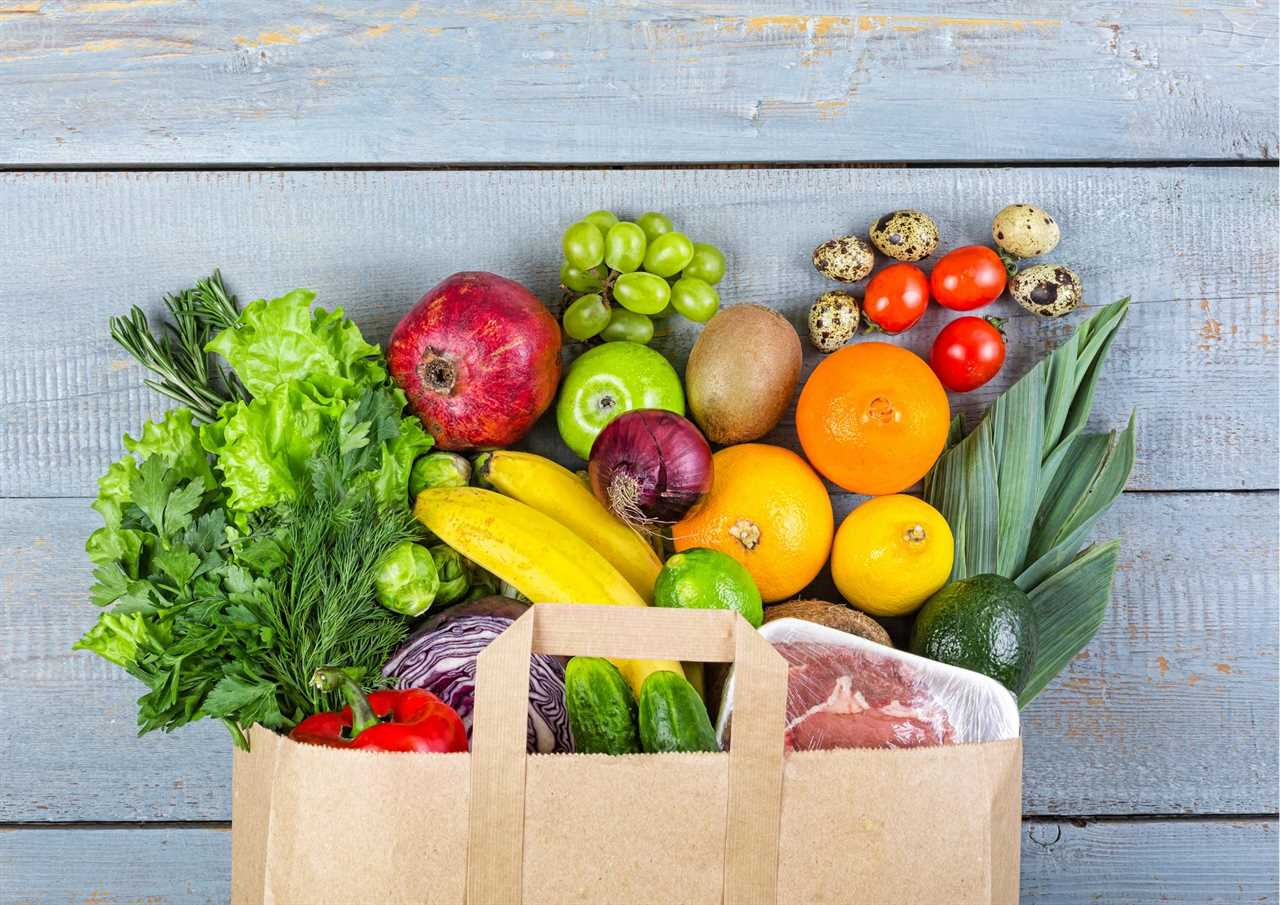 |
Health benefits of eating organic?A review in The Annals of Internal Medicine failed to find strong evidence that organic foods are significantly more nutritious than conventional foods. Lisa |
 |
The Benefits of Crop RotationCrop rotation is a way to grow multiple types of crops in the same space. This is done in an effort to diversify the ecosystem, reduce pest and weed.. |
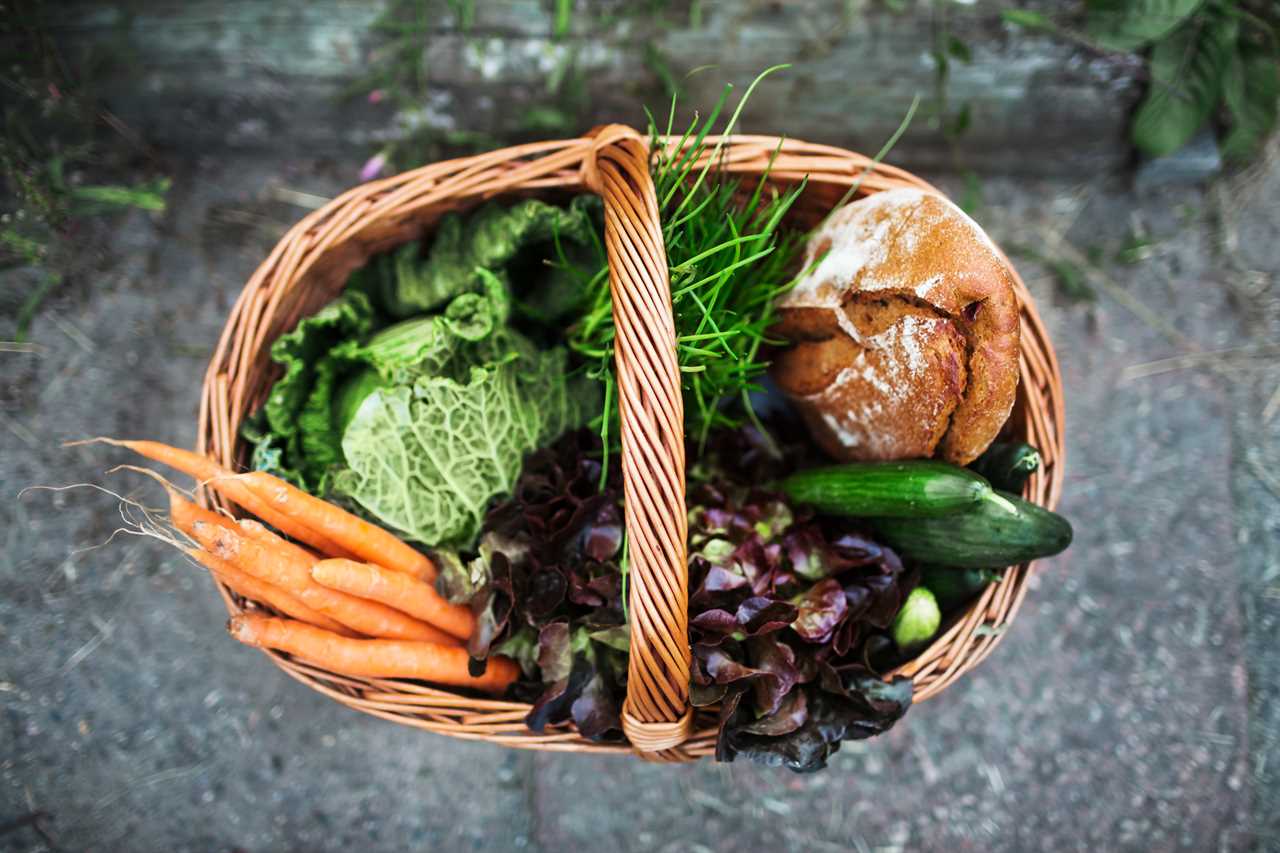 |
Do I Need To Eat 100 % Organic Food? – Dr. BergFor more info on health-related topics, go here: https://bit.ly/2YI8NLc Take Dr. Berg's Free Keto Mini-Course: http://pxlme.me/-i717vtY […] |
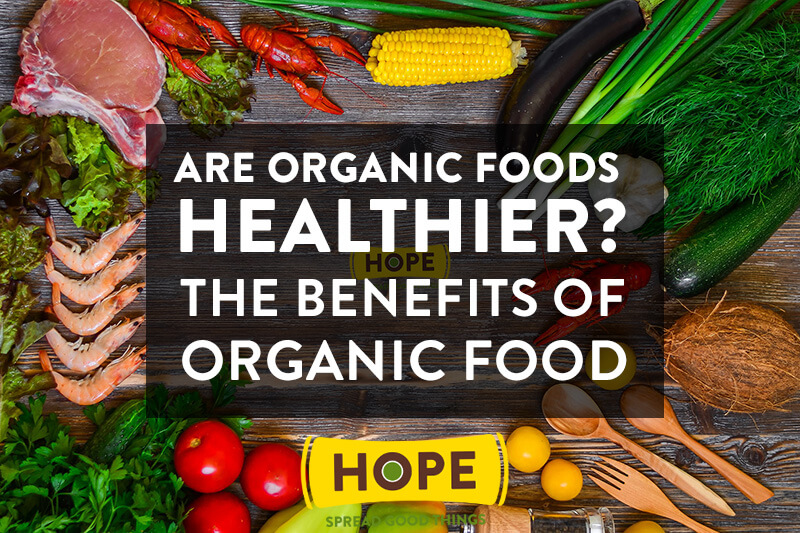 |
The Importance of Soil Conservation in Meeting the Sustainable Development GoalsSoil conservation is important for maintaining the soil's health and resilience. The microbial and faunal communities in the soil are impacted by.. |
 |
Benefits of Organic FarmingOrganic farming is one of the best ways to help protect the environment. It can also provide a number of benefits for your farm, including increased.. |
 |
Is `organic` food actually healthier for you?Dr. Marc talks about organic food. |
 |
Organic Farming MagazineOrganic farming magazine is a resource that provides you with the latest information on organic agriculture, health, and sustainability. It also.. |
 |
Is Organic Food Really Worth It?The organic food industry is a booming business. U.S. organic sales surged in 2020, jumping by 12.4% to $61.9 billion. With consumers being more health |
 |
The Difference Between Organic Milk and Regular MilkOrganic milk is a type of milk that comes from livestock that is raised according to organic farming methods. This is a term that is regulated by.. |
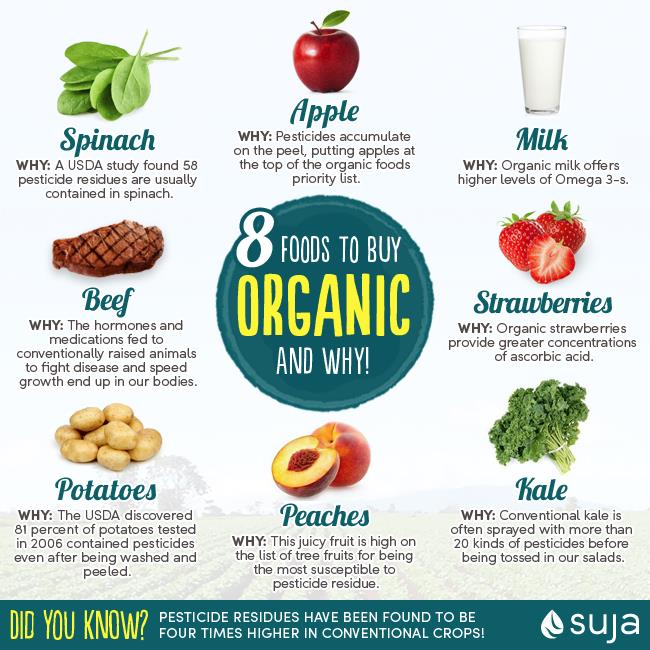 |
The Benefits of CompostingComposting your waste can be a very effective way of ensuring that your organic material is being broken down to the best of its ability. When.. |
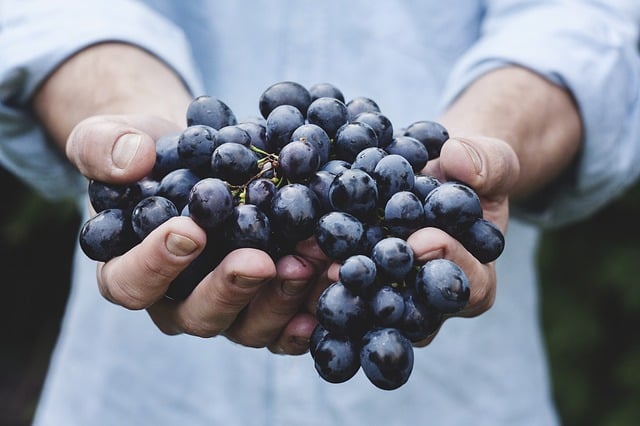 |
Is Organic Farming Beneficial to Biodiversity?Organic farming is a growing interest in the scientific community, and researchers have been investigating whether the practice is beneficial to.. |
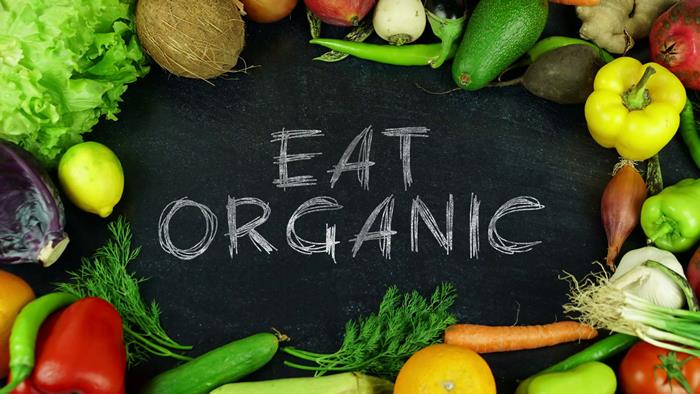 |
Organic eatingOrganic Cultur |
 |
What is Organic Cotton?Organic cotton is the type of cotton that is grown without using pesticides or chemicals. It is also the type of cotton that is grown in subtropical.. |
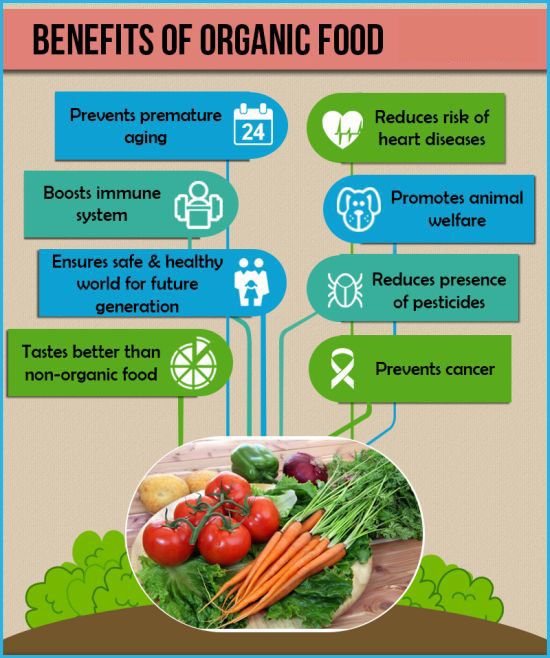 |
Benefits of Cover CropsIf you aren't familiar with cover crops, you may be surprised to learn that they are plants that are planted to grow on top of the soil to help.. |
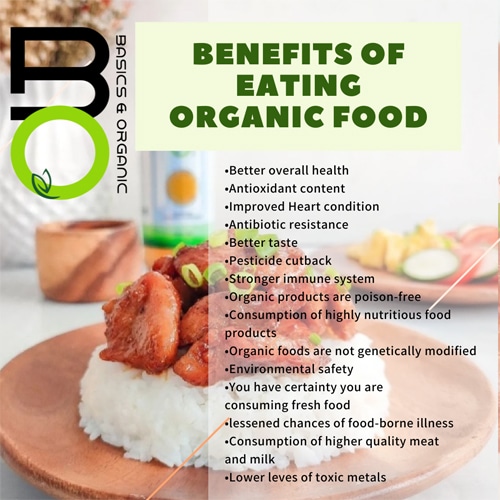 |
Learn How to Become an Organic Farmer Through a Training ProgramIf you are looking to become an organic farmer, there are several ways you can do so. One option is to take a training program that will teach you.. |
 |
Exotic VegetablesWhen it comes to vegetables, there are plenty of choices to choose from. Some of the most popular choices include broccoli, corn, carrots, and.. |
 |
The Benefits and Pitfalls of Organic Farming OrganizationsOrganic farming is an approach to farming that is not only ecologically sound, but also financially feasible. It is a method that is free from.. |
 |
Soil Composition and BiodiversityThe soil that we have around us is a vital part of our lives. It is the home for many plants and animals. It also has a texture, a color, and many.. |
 |
Organic Farming PrinciplesOrganic farming is a practice that is designed to be sustainable and healthy. Its principles include avoiding harms produced by industrial farming.. |
 |
When Did Organic Food Start?The answer to the question when did organic food start? will vary depending on the time period in which you are looking at. For instance, it may be a |
 |
Can Organic Be GMO?The question Can organic be GMO is an ongoing debate among many consumers. While it's possible to eat foods that have been produced using genetic.. |
 |
Chhattisgarh's Organic Farming SchoolsThe government of Chhattisgarh has started to introduce organic farming schools. This initiative is intended to provide the young generation with the |
 |
What is a Conventional Farm?Conventional farm is the term used to describe a farm that is not organic. It is a form of agriculture that is associated with better soil quality,.. |
 |
The Rodale InstituteThe Rodale Institute is a nonprofit organization that aims to support research into organic farming. It was founded in 1947 by J. I. Rodale, an.. |
 |
The Latest Research on Organic | The Organic CenterResearched articles about eating Organic food |
 |
Korean GardeningKorean gardening is one of the oldest ways to grow plants. It involves planting herbs, fruits, and vegetables that are used in kimchi, a type of.. |
.png)





